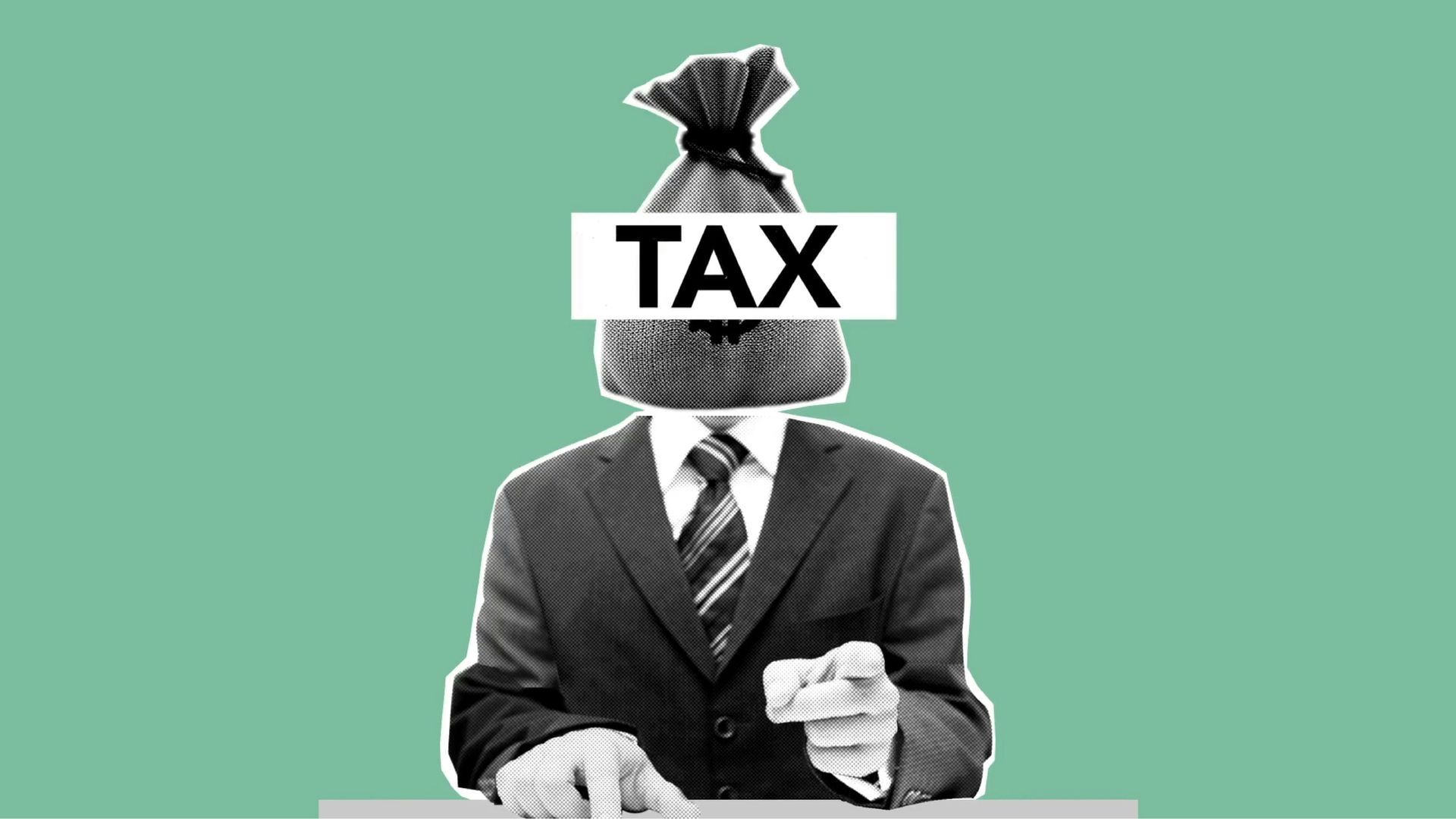Dale Hammernik Examines A Crippling Regulatory Environment For Biz
As we move into the final quarter of 2014, I’ve had some thoughts brewing that I believe need to be said. It’s about a problem that has occasionally plagued various clients of mine, and it speaks to a broader issue.
If there are any legislators who read my blog, please pay attention.
As a business owner, I normally write about marketing tips and strategy, but I also care a great deal about the broader marketplace, as you know. (I wrote about recent credit card legislation as well–mostly as an opportunity to have us all THINK BIGGER.)
So, this isn’t marketing advice per se … but rather a plea for sanity.
Would love your thoughts…
Dale Hammernik Examines
A Crippling Regulatory Environment For Biz
“The greater the obstacle, the more glory in overcoming it.” – Moliere
Now, as far as I know, I don’t have any government regulators subscribed to my blog … but this just needs to be said.
You see, lawmakers and the media seem to have dubbed greed as the primary evil responsible for the struggles within the American economy. Insurance companies are routinely accused of greed, as are credit card companies and networks, investment banks, CEOs and so on. As income gaps seem to be widening, and our economy sputters along, our federal policy makers seem quite eager to put checks on “greed” in order to help “fix” the economy.
However, the truth is that in a capitalist economy, profits aren’t a sign of greed, they are simply a sign that a given company’s business tactics are successful within the competitive system in which that company operates.
If lawmakers think that specific companies are making too much money, then the problem isn’t corporate greed, it’s that there simply isn’t enough competition to keep those players from making excessive profits. The President and Congress were determined to use their legislative powers to bail out the U.S. economy a few years back, but they ought to be concentrating their efforts not on greed, but instead on the lack of competition in the marketplace.
Instead, lawmakers have been continuously critiquing the profits of large companies, like those in the health insurance and credit card industries, attributing their successes to greed and greed alone. The business practices of these companies are then regulated by numerous redundant agencies, creating enormous and costly bureaucracies that bog down the system and drive up prices.
In addition, they also create a system in which small companies cannot afford to compete with larger companies, and where companies operating within a single state are hampered by the regulatory costs and procedures that are associated with going national.
What we need is legislation that will increase competition; not laws that prevent competitors from entering into the market. Obviously, excessive regulation does not engender a spirit of competition. If competition as a regulating force were embraced with greater fervor, the system would begin to correct itself — capitalism requires competition, and when it is regulated from outside rather than from within, it begins to resemble something else.
The underlying cause, which has fed the media’s and Capitol Hill’s perception of companies being greedy, is a capitalist economy that has been operating without the competition that is needed to curb excesses. The capitalist marketplace offers rewards to businesses that have successful plans — this isn’t greed, it’s just the nature of the system. And creating a government “gorilla” to squeeze out private industry competition won’t fix things.
The regulatory force that keeps those rewards in check is *real* competition and so it is to competition, and not to competition-defeating regulation, that lawmakers should turn, to get the system back under control.
#EndRant
Look — I want to finish with this: the reason I care about these issues is because I work “in the trenches” with small business owners on a daily basis. Perhaps, like yours. We are looking at the financials, consulting and advising on a host of issues, and we are often the business owner’s closest confidant.
I want to see my friends THRIVE.
So, thanks for reading, and for our relationship. May it ever prosper.
Feel very free forward this article to a Waukesha County business associate or client you know who could benefit from our assistance — or simply send them our way? While these particular articles usually relate to business strategy, as you know, we specialize in tax preparation and planning for Waukesha County families and business owners. And we always make room for referrals from trusted sources like you.
Warmly (and until next week),
Dale Hammernik
(414) 545-189
Hammernik & Associates
The post Dale Hammernik Examines A Crippling Regulatory Environment For Biz appeared first on Talking Tax to Milwaukee.
See More Blog Posts







